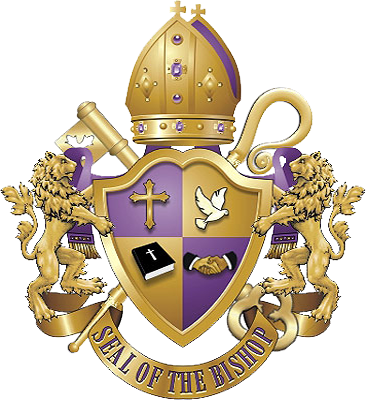Introduction:
The African American Church has long been a cornerstone of the community, providing spiritual guidance, empowerment, and a sense of belonging. However, within the hallowed walls of these churches, a historic debate has unfolded over the role of women in ministry. This discussion has not only shaped the trajectory of individual congregations but has also had broader implications for the African American religious landscape.
Historical Context:
To understand the current debate surrounding women in ministry, it’s crucial to delve into the historical context of the African American Church. Traditionally, many churches have been patriarchal, adhering to conservative interpretations of biblical passages that limit women’s roles within the church hierarchy. This stance has been deeply ingrained in religious traditions, and the African American Church is no exception.
The Role of Women in Early African American Churches:
In the early years of African American churches, women played significant roles behind the scenes. They were the backbone of many congregations, serving as Sunday School teachers, choir directors, and leaders in various auxiliary groups. However, when it came to formal leadership positions, women were often relegated to roles with limited authority.
Emergence of the Women’s Liberation Movement:
As the 20th century unfolded, the Women’s Liberation Movement gained momentum, sparking conversations about gender equality and challenging traditional gender roles. This societal shift naturally seeped into the African American Church, prompting a reevaluation of the roles women could play within the ministry.
Theological Perspectives:
The debate about women in ministry within the African American Church is multifaceted and often hinges on theological interpretations. Those in favor of women in ministry argue for a more inclusive interpretation of biblical texts, pointing to examples of women leaders in the early Christian church. On the other hand, opponents often cite specific verses that seem to restrict women from holding certain leadership roles.
Prominent Figures and Pioneers:
Throughout history, there have been trailblazing women who defied convention and paved the way for future generations of female ministers. Figures like Jarena Lee, the first African American woman to preach in the African Methodist Episcopal (AME) Church in the early 19th century, and more recent leaders like Bishop Vashti McKenzie, the first female bishop in the AME Church, have broken barriers and challenged the status quo.
Contemporary Perspectives:
In contemporary times, the debate over women in ministry continues to evolve. Many African American churches are witnessing a shift toward greater inclusion, with women assuming roles as pastors, bishops, and leaders within denominational structures. However, pockets of resistance persist, highlighting the ongoing tension between tradition and progress.
Conclusion:
The historic debate about women in ministry in the African American Church is a nuanced and dynamic conversation that reflects broader societal changes. As the church grapples with these issues, it is essential to recognize the contributions of women throughout history, celebrate the progress that has been made, and continue working towards a more inclusive and egalitarian future for the African American Church. Ultimately, by fostering dialogue and embracing diversity, the church can strengthen its mission and better serve its congregants in the years to come.
